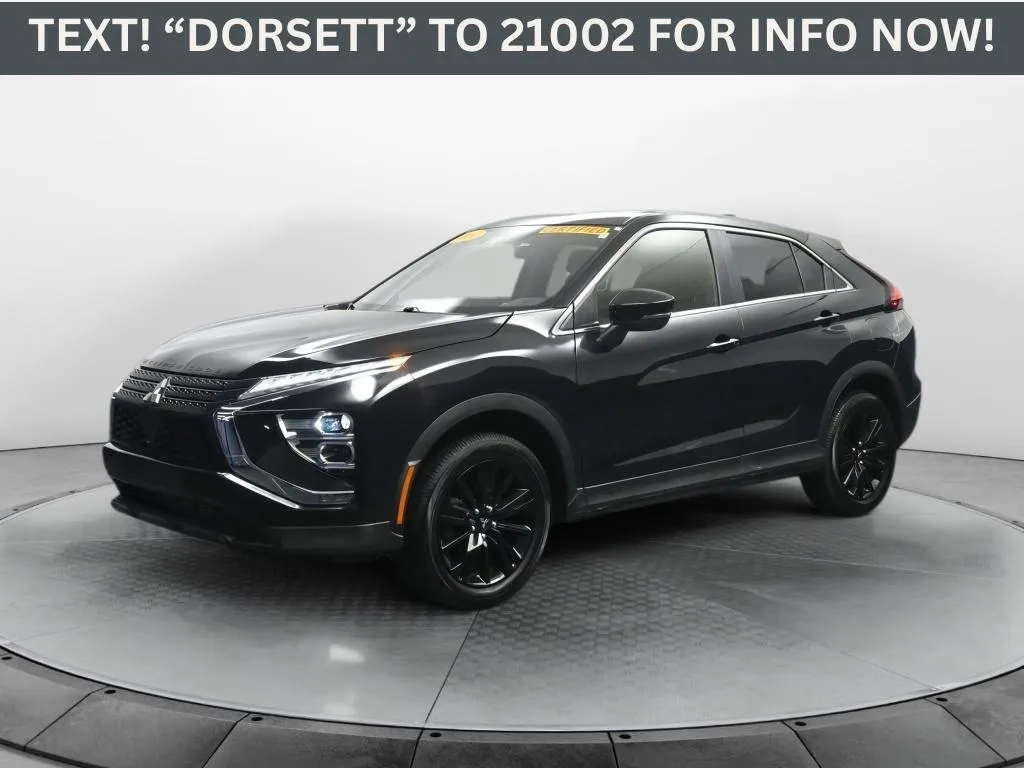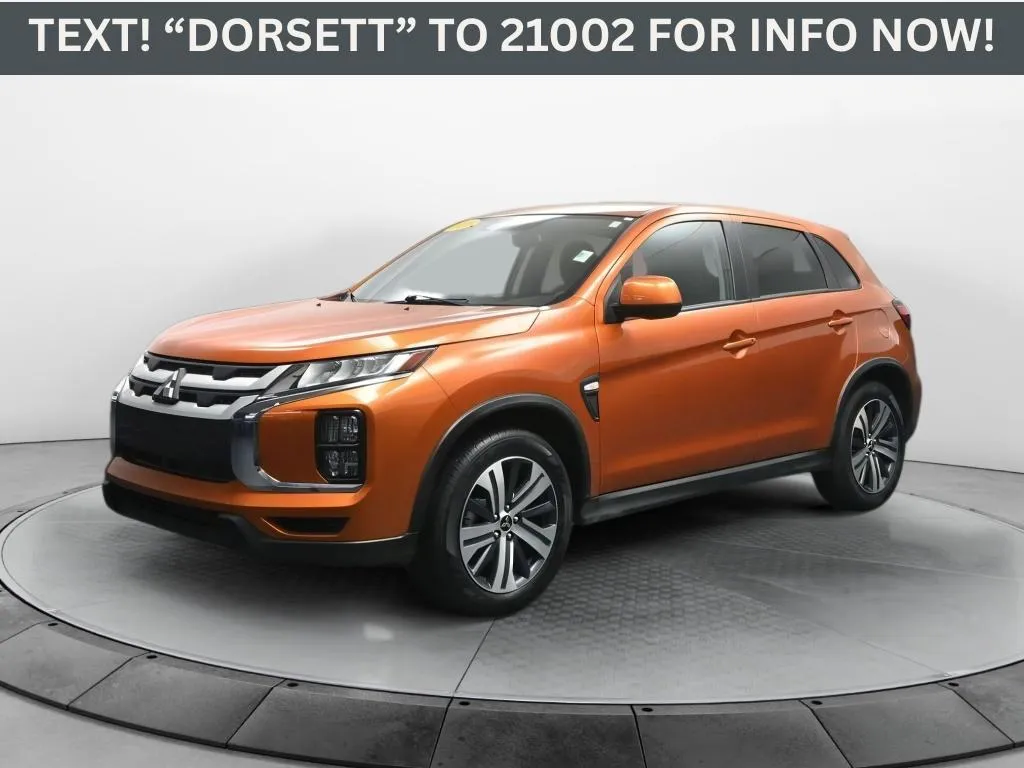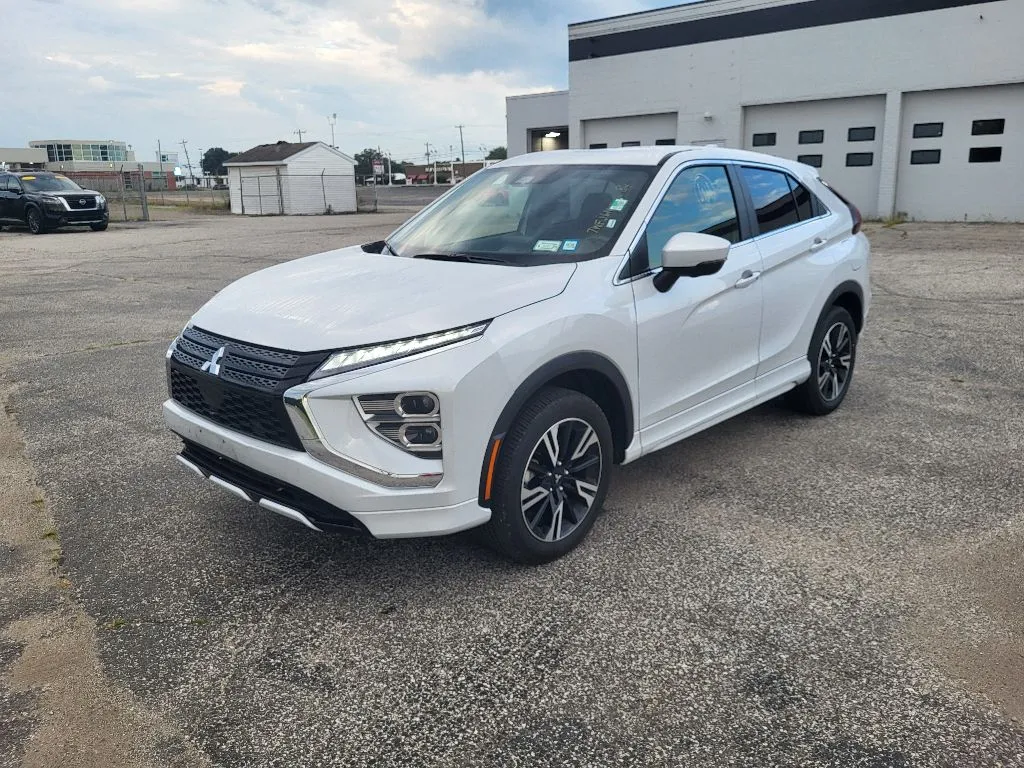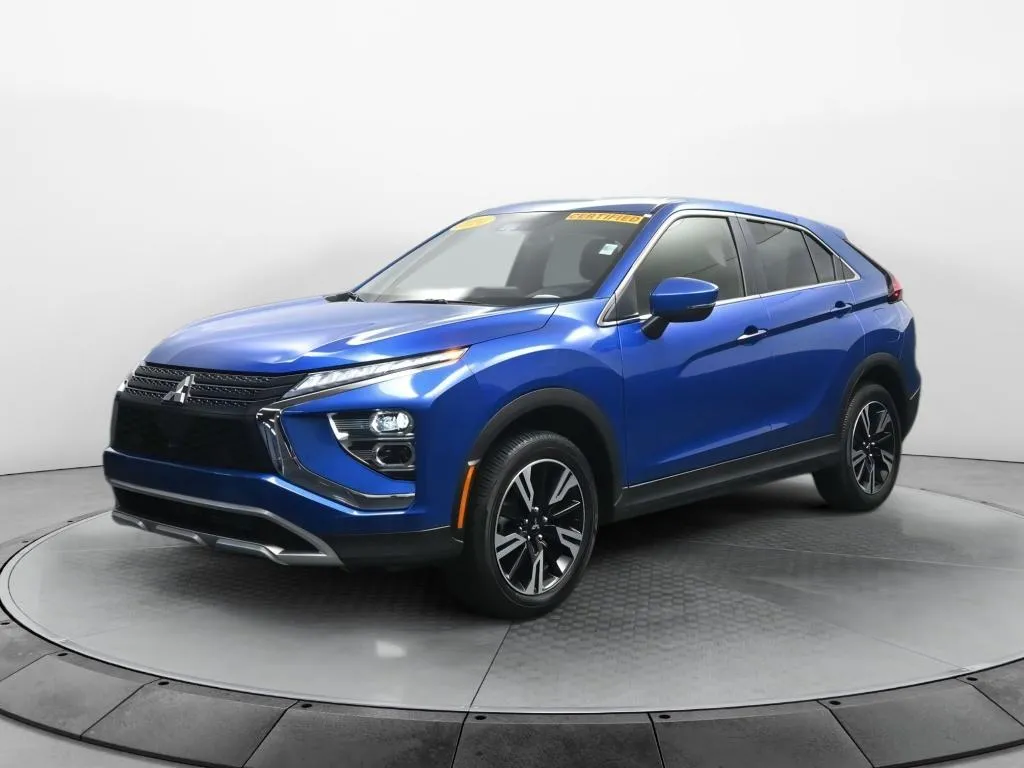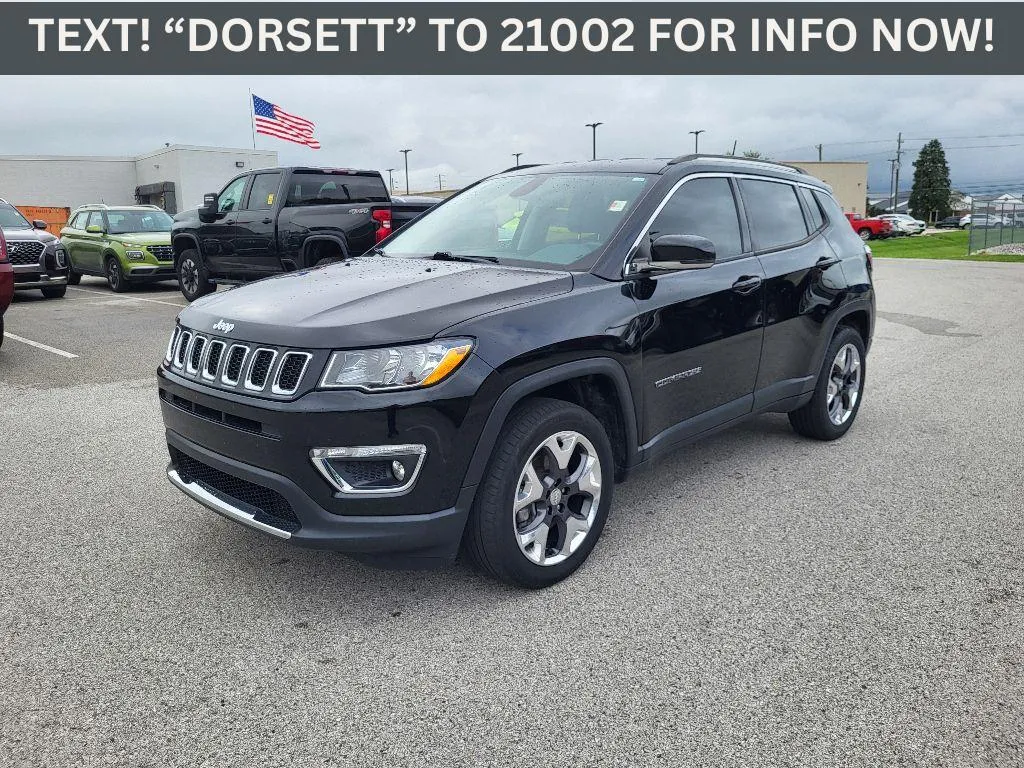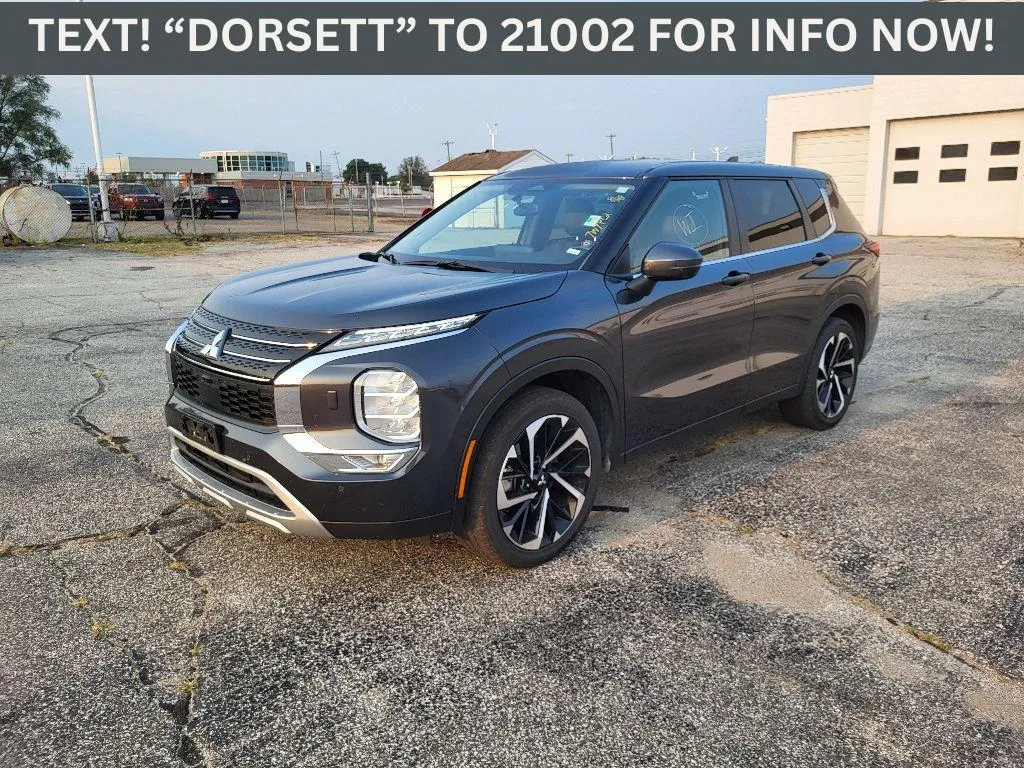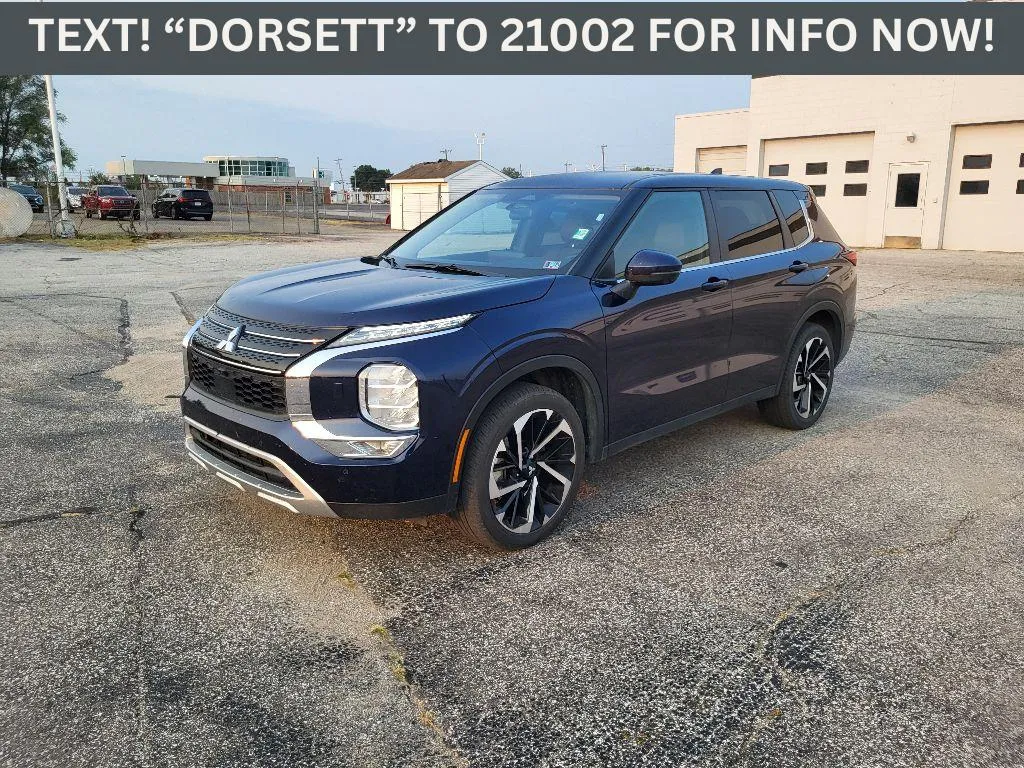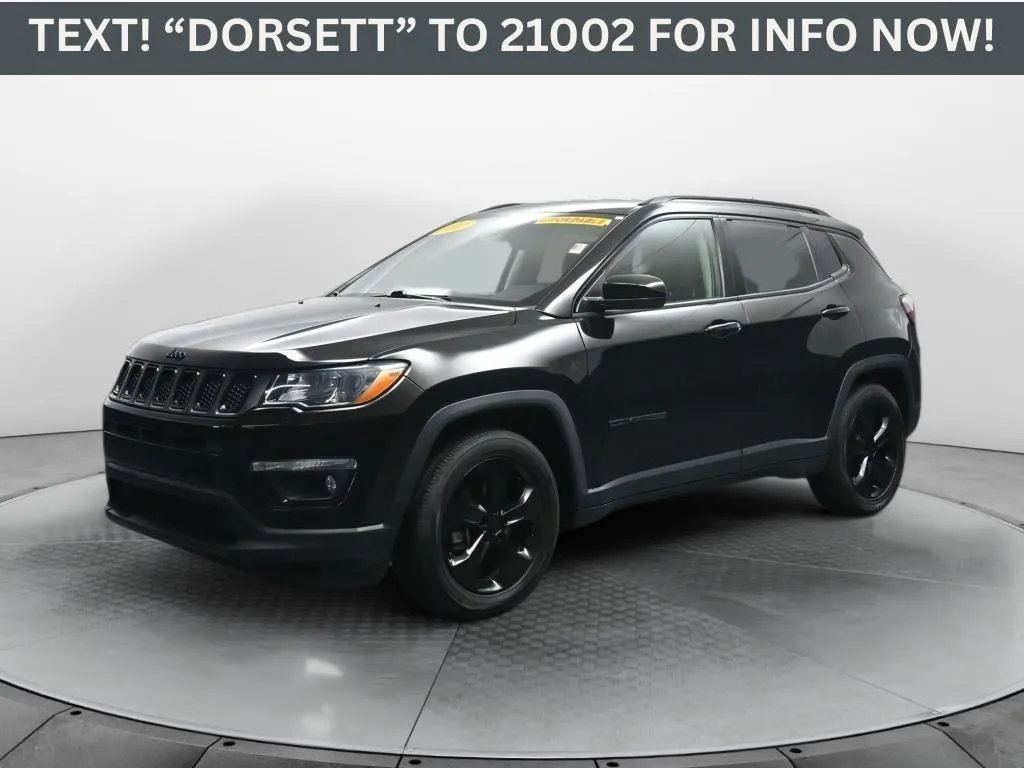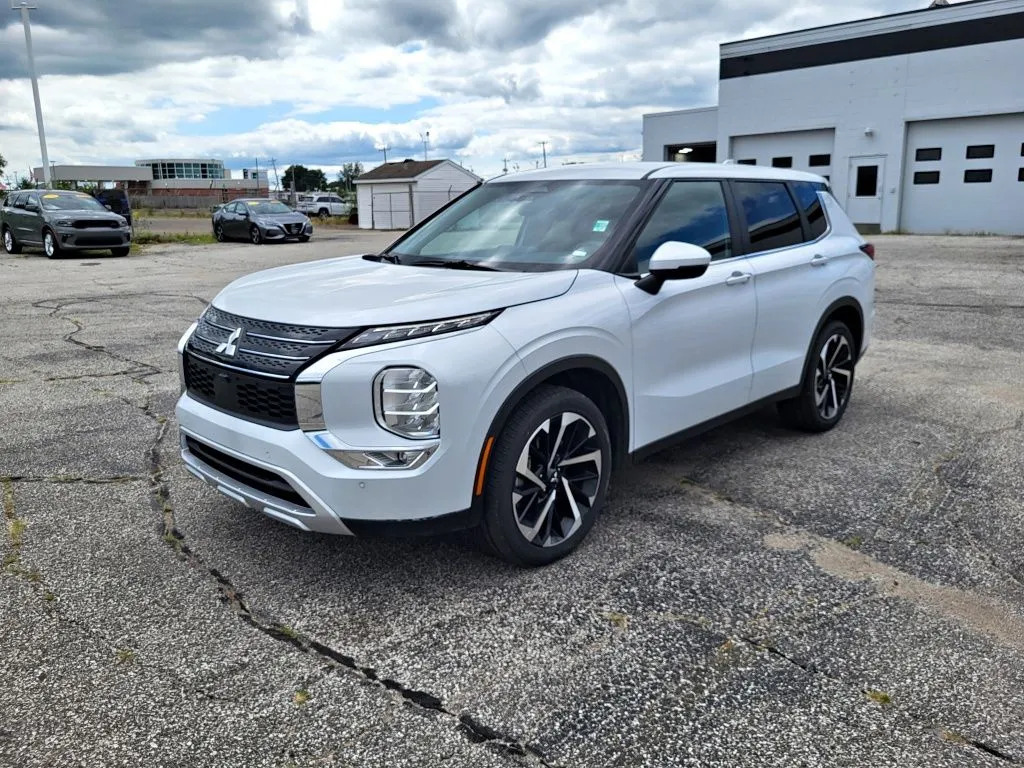Mitsubishi Eclipse Cross vs. Jeep Compass: A Compact SUV Comparison for Terre Haute Drivers
Table of Contents
- Mitsubishi Eclipse Cross vs. Jeep Compass: A Compact SUV Comparison for Terre Haute Drivers
- Interior Comfort and Space
- Technology and Infotainment
- Safety and Driver Assistance
- Value and Warranty Coverage
- 5 Terre Haute Drives Perfect for the Mitsubishi Eclipse Cross:
- Real-Life Considerations for Terre Haute Drivers
- Final Thoughts: Why Choose the Mitsubishi Eclipse Cross?
Mitsubishi Eclipse Cross vs. Jeep Compass: A Compact SUV Comparison for Terre Haute Drivers
Shopping for a compact SUV means weighing performance, comfort, technology, and long-term value. For many Terre Haute drivers, two models that often come up are the Mitsubishi Eclipse Cross and the Jeep Compass. Both are stylish, practical, and versatile enough for daily commutes and weekend getaways. But when you look closely, the Eclipse Cross offers several advantages that make it a standout choice.
At Dorsett Mitsubishi, we want to help drivers in Terre Haute, Brazil, and West Terre Haute, Indiana, make confident car-buying decisions. That’s why we’ve put together this in-depth comparison of the Mitsubishi Eclipse Cross vs. the Jeep Compass. Whether you’re heading downtown, cruising along I-70, or planning a trip to Shakamak State Park, this guide will help you choose the SUV that fits your lifestyle best.
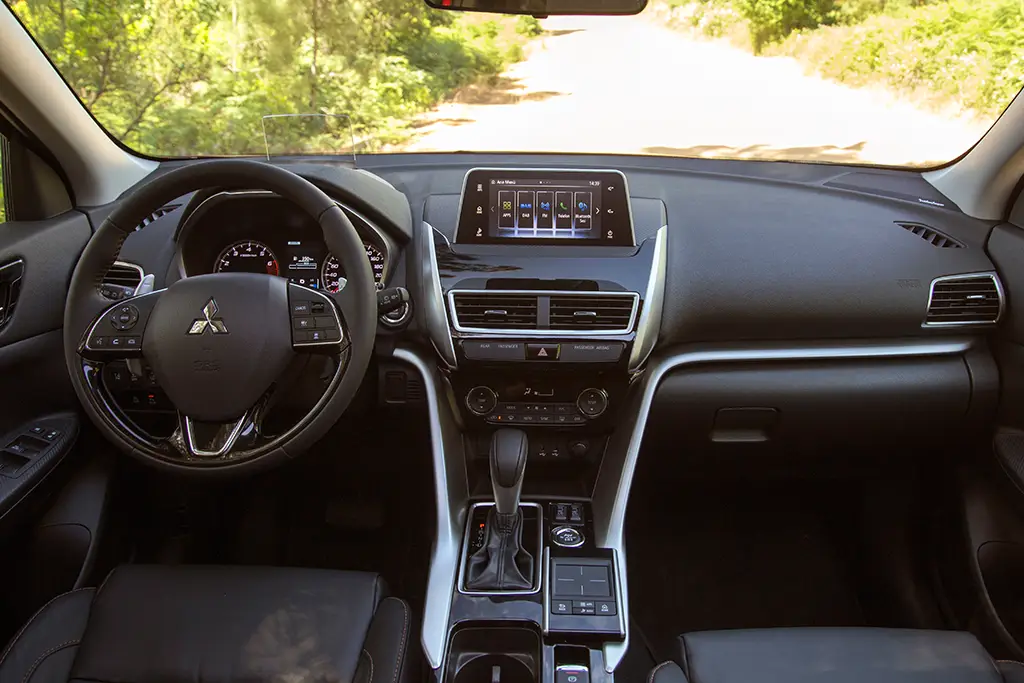
Performance and Driving Experience
The Mitsubishi Eclipse Cross is powered by a 1.5L turbocharged engine that produces 152 horsepower, delivering smooth acceleration with plenty of low-end torque. This setup makes highway merging and city driving feel confident and effortless. When paired with Mitsubishi’s advanced Super All-Wheel Control (S-AWC), the Eclipse Cross provides superior handling and stability on Indiana’s unpredictable roads.
The Jeep Compass comes with a 2.0L turbocharged engine producing 200 horsepower, giving it slightly more power on paper. However, its heavier frame and less refined transmission can make the drive feel less responsive. Jeep’s available 4x4 system is capable, especially off-road, but for everyday Indiana driving—rain, snow, and icy roads included—Mitsubishi’s S-AWC is more versatile.
Verdict: The Compass has more raw horsepower, but the Eclipse Cross delivers smoother, more balanced performance and better everyday handling for Terre Haute drivers.
Interior Comfort and Space
Inside, the Eclipse Cross offers seating for five with a modern, well-designed cabin. Supportive seats, a thoughtfully arranged dashboard, and quality materials give it an upscale feel. The flexible cargo space makes it easy to carry groceries, sports equipment, or luggage, all while keeping passengers comfortable.
The Jeep Compass also seats five and offers slightly more rear cargo volume. However, some of its interior materials can feel less refined, especially in base trims. While Jeep emphasizes ruggedness, the Eclipse Cross leans more toward sophistication and comfort, making it a better fit for families or drivers who want a premium everyday experience.
Verdict: The Compass offers more cargo space, but the Eclipse Cross stands out for its upscale interior design and overall comfort.
Technology and Infotainment
The Mitsubishi Eclipse Cross comes standard with a 7-inch touchscreen, with an available 8-inch upgrade. Both Apple CarPlay® and Android Auto™ are standard, ensuring seamless smartphone connectivity. The system is straightforward and user-friendly, designed to minimize distractions on the road.
The Jeep Compass offers a standard 10.1-inch touchscreen, which is larger than Mitsubishi’s, and also includes Apple CarPlay® and Android Auto™. However, many of its most desirable features, like wireless charging and premium audio, are limited to higher trims—meaning you’ll need to spend more to enjoy them.
Verdict: The Compass boasts a bigger screen, but the Eclipse Cross makes advanced connectivity features more accessible across trims.
Safety and Driver Assistance
The Eclipse Cross prioritizes driver confidence with available safety technologies like Forward Collision Mitigation with Pedestrian Detection, Lane Departure Warning, Blind Spot Warning, and Rear Cross Traffic Alert. These features help protect you and your passengers whether you’re commuting or traveling long distances.
The Jeep Compass also offers strong safety features, including automatic emergency braking and lane-keeping assist. However, advanced options like adaptive cruise control are only found on higher trims. Mitsubishi makes its driver assistance features more widely available, without requiring premium pricing.
Verdict: Both SUVs are safe, but the Eclipse Cross ensures better access to advanced driver assistance across trims.
Value and Warranty Coverage
One of the biggest differences between these two SUVs is long-term value. The Mitsubishi Eclipse Cross is backed by Mitsubishi’s industry-leading warranty: a 10-year/100,000-mile Powertrain Limited Warranty and a 5-year/60,000-mile New Vehicle Limited Warranty. This coverage offers Terre Haute drivers unmatched peace of mind.
The Jeep Compass comes with a more standard warranty package: a 5-year/60,000-mile Powertrain Warranty and a 3-year/36,000-mile Basic Warranty. While respectable, it falls short of Mitsubishi’s generous coverage.
Verdict: The Eclipse Cross wins big here, offering far greater long-term value and warranty protection.
5 Terre Haute Drives Perfect for the Mitsubishi Eclipse Cross:
The Eclipse Cross isn’t just a commuter vehicle — it’s built for every part of life in Terre Haute. Here are five local drives where it shines:
- Turkey Run State Park – Enjoy smooth rides on scenic parkways.
- Griffin Bike Park – Pack up your gear with ease thanks to versatile cargo space.
- Dobbs Park Nature Center – Family-friendly outings with three-row seating.
- Wabashiki Fish and Wildlife Area – Confident AWD for gravel and backroads.
- Downtown Terre Haute Shopping District – Stand out with stylish design and maneuverable size.
-1.webp)
Real-Life Considerations for Terre Haute Drivers
Here’s how the Eclipse Cross and Compass stack up in everyday Indiana driving:
- Daily Driving: The Eclipse Cross delivers a smoother, more efficient ride with its turbocharged engine and refined handling.
- Weekend Adventures: With S-AWC and flexible cargo space, the Eclipse Cross is ready for road trips, outdoor activities, and everything in between.
- Weather Readiness: Indiana winters can be harsh, but Mitsubishi’s advanced AWD system provides confidence in snow, rain, and ice.
- Long-Term Value: With its unbeatable warranty, the Eclipse Cross ensures years of worry-free ownership.
The Jeep Compass may appeal to drivers who want extra horsepower or more cargo space, but the Eclipse Cross shines with its balance of performance, comfort, safety, and long-term value.
Final Thoughts: Why Choose the Mitsubishi Eclipse Cross?
The Jeep Compass is a capable compact SUV, but when it comes to refined performance, advanced safety, intuitive technology, and exceptional warranty coverage, the Mitsubishi Eclipse Cross is the better choice. For Terre Haute drivers seeking a versatile SUV that’s stylish, reliable, and ready for Indiana roads, the Eclipse Cross stands out as the clear winner.
At Dorsett Mitsubishi, we’re proud to serve drivers throughout Terre Haute, Brazil, and West Terre Haute. If you’re ready to see the Eclipse Cross for yourself, we invite you to visit our showroom, explore our inventory, and take a test drive. Discover why so many Indiana drivers are choosing the Eclipse Cross over the competition.


